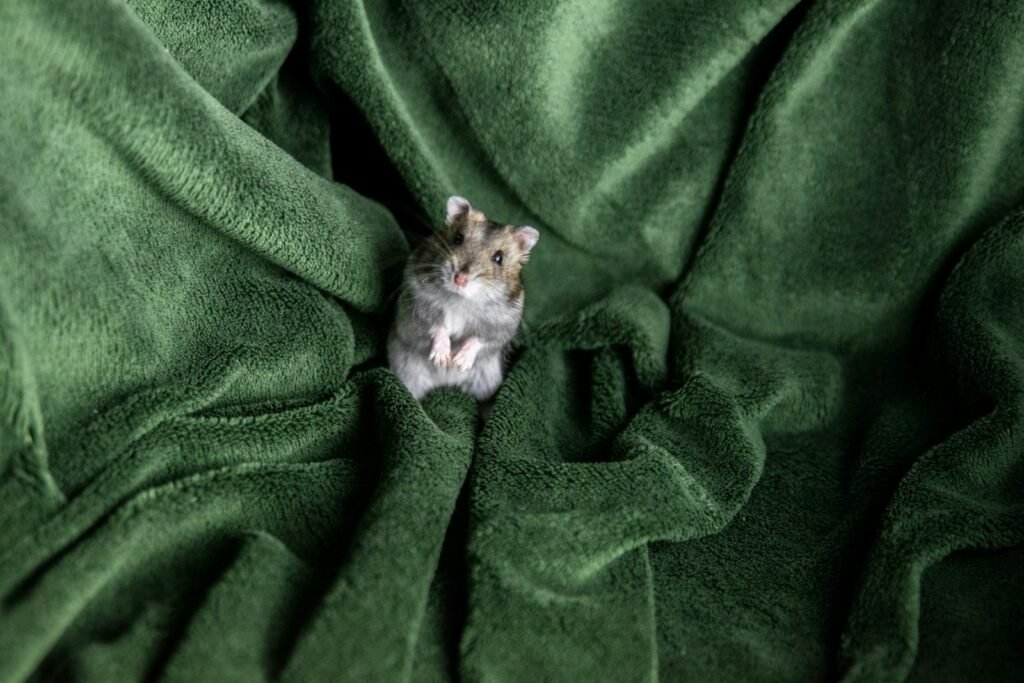Imagine peering into a hamster’s cage late at night, only to catch those beady black eyes staring right back at you. Is your furry friend watching you with curiosity, or are you just another blurry shape in their world? For pet lovers, the question isn’t just cute—it’s deeply personal. Do hamsters really recognize their owners? Or are we just the mysterious giants who fill their food bowls? Science has started to shed light on the secret world of hamster minds, and what’s been discovered might just surprise you.
The Mysterious World of Hamster Senses
Hamsters are small, but their senses are impressively tuned for survival. While their eyesight is quite poor—think of living in a world where everything is a little blurry—their sense of smell and hearing are razor-sharp. In the wild, this helps them avoid predators and find food in the dark. For pet hamsters, these senses become the primary way they experience and recognize the world, including the humans who care for them. This means that you might smell more familiar to your hamster than you look, which is a charming thought if you’ve ever worried about your appearance on a lazy Sunday morning.
What Does Scientific Research Say?
Animal behaviorists have been curious about whether hamsters can truly recognize and form bonds with humans. Recent studies suggest that while hamsters don’t bond in the same way as dogs or cats, they do show signs of recognizing familiar people. In controlled experiments, hamsters exposed repeatedly to one person’s scent and voice become calmer and less fearful over time. That’s a subtle but real sign of recognition. While it’s not the same as a dog wagging its tail, it’s the hamster equivalent of saying, “Hey, I know you.”
The Power of Scent in Hamster Recognition
Scent is everything for a hamster. When you reach into their cage, it’s your smell they notice first. Hamsters have an incredible ability to distinguish between different human scents, much like we can tell different spices apart in a kitchen. In one study, hamsters could distinguish between the hands of their regular caretaker and an unfamiliar person, often approaching the familiar scent more readily. So while your hamster might not see you clearly, your unique scent is their signal that you’re the “food-bringer” and friend.
Do Hamsters Respond to Their Names?
Many hamster owners swear their pets come running when called by name. The truth is a bit more complicated. Hamsters can hear and distinguish sound patterns, and they can learn to associate certain sounds—including their name—with positive experiences, like treats or gentle handling. However, it’s not the name itself they recognize, but the tone, rhythm, and what happens next. So, if you always say “Peanut!” before feeding, your hamster may start to respond to that sound with excitement.
Building Trust: The Secret to Attachment
Hamsters are naturally cautious creatures. In the wild, being skittish keeps them alive. For a pet hamster, it takes time and patience to build trust with a human. By consistently speaking softly, moving slowly, and offering treats, you create positive associations in your hamster’s mind. Over weeks or months, your hamster may start to approach you without fear, even climbing onto your hand or taking food directly from your fingers. That’s a big deal in the hamster world and a sure sign of growing attachment.
The Role of Routine in Recognition
Hamsters thrive on routine. Feeding, cleaning, and playtime at the same times each day help your hamster feel safe and secure. Over time, your hamster learns to anticipate your arrival. This routine isn’t just comforting; it reinforces your identity as a predictable, non-threatening presence. Watch your hamster’s body language when you approach at feeding time—quicker movements, perked-up ears, and curious sniffing are all signs that your pet is expecting you.
How Hamsters Show Affection
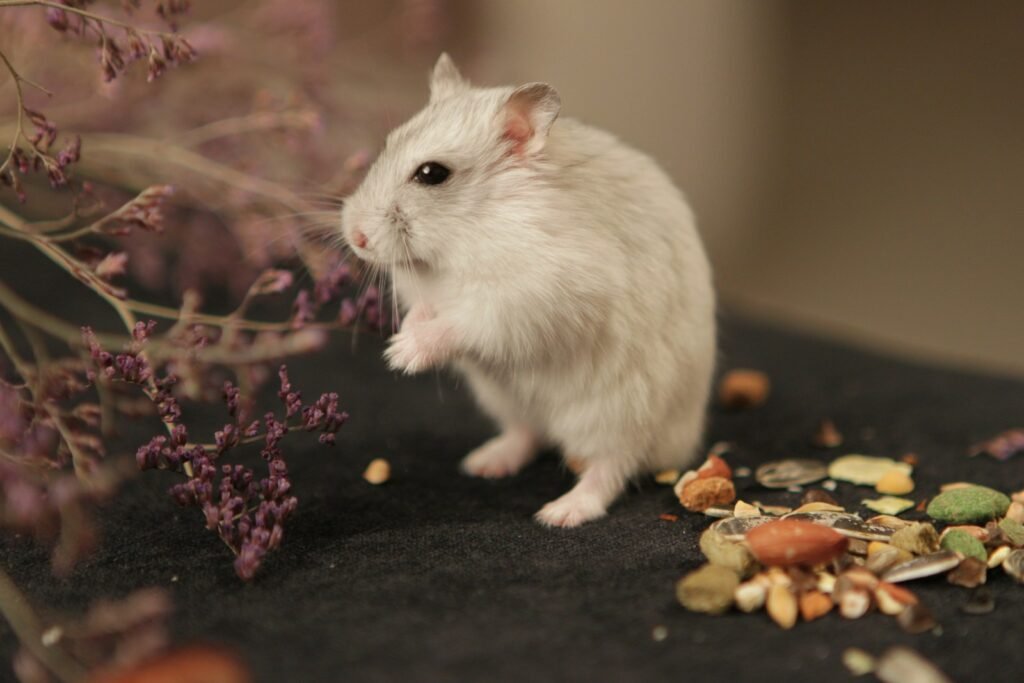
Unlike dogs with wagging tails or cats with purrs, hamsters have subtle ways of showing affection. You might notice your hamster grooming itself in your presence, calmly exploring your hand, or even falling asleep near you. These behaviors signal trust and comfort. Some hamsters will even gently nibble your fingers—not as a threat, but as a way to explore and interact. If your hamster sits calmly on your palm, that’s a huge compliment in hamster terms.
Can Hamsters Miss Their Owners?
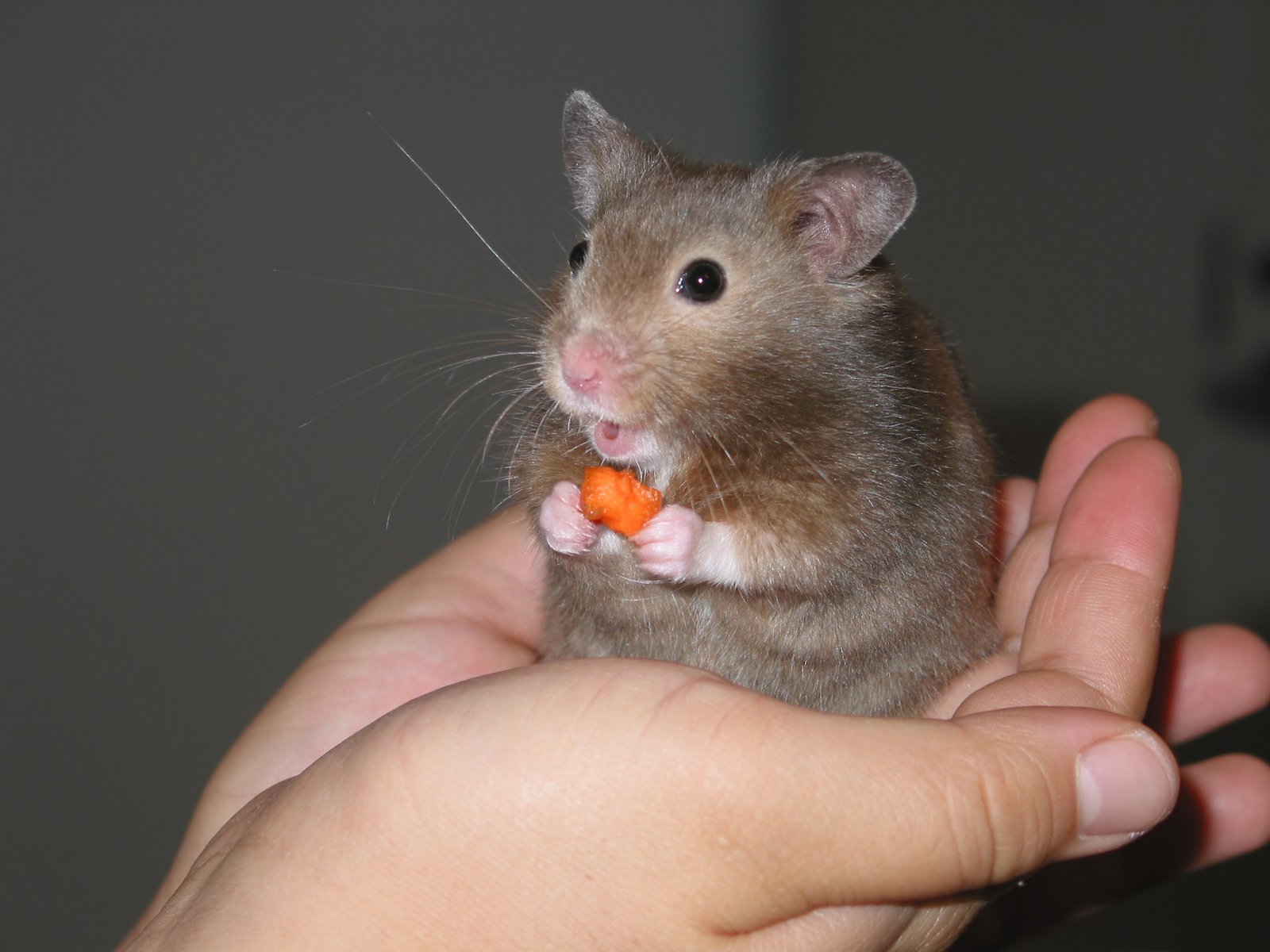
There’s growing evidence that hamsters do notice when their routine is interrupted, including if a familiar person disappears. Some hamsters may become more withdrawn or less active if their main caretaker is gone for several days. While this isn’t quite the same as a dog pining for its owner, it suggests that hamsters do notice and react to changes in their social environment.
Individual Personality Differences
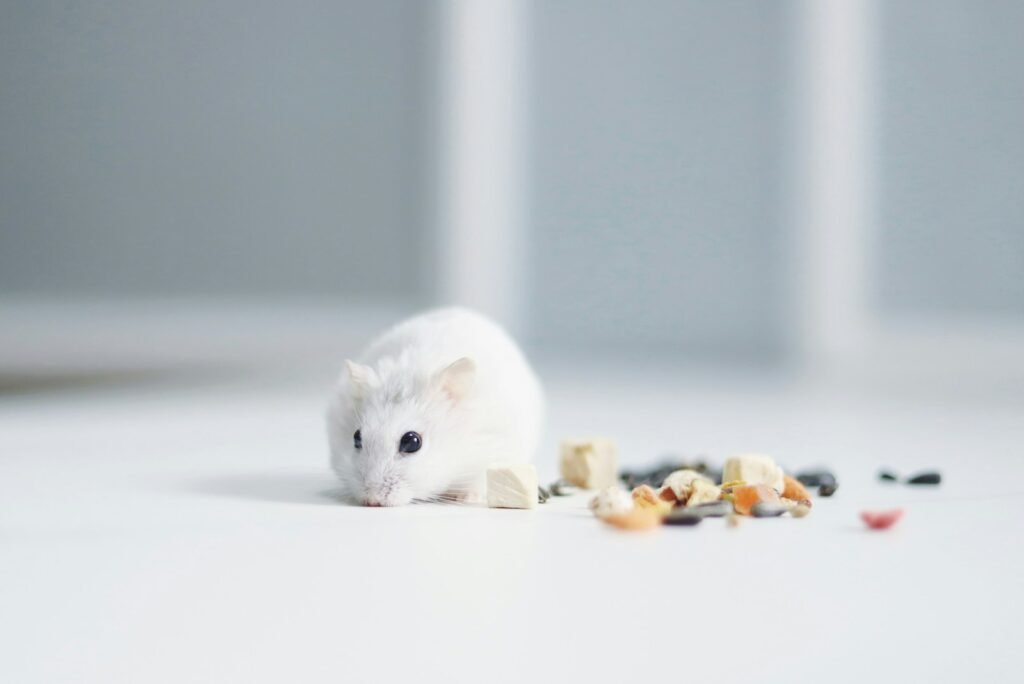
Just like people, hamsters have unique personalities. Some are naturally bold and curious, while others are shy and reserved. This means that some hamsters will bond quickly with their owners, racing to greet them, while others may always prefer a bit of distance. Getting to know your hamster’s personality is part of the fun—and the challenge—of owning these tiny pets.
Young vs. Older Hamsters: Does Age Matter?
Hamsters are most impressionable when they’re young. If handled gently during their first few weeks, they’re more likely to become tame and recognize their owners. Older hamsters can still learn to trust and recognize humans, but it might take more time and patience. This is similar to how puppies and kittens are easier to socialize than adult animals.
Hamster Memory: How Long Do They Remember?
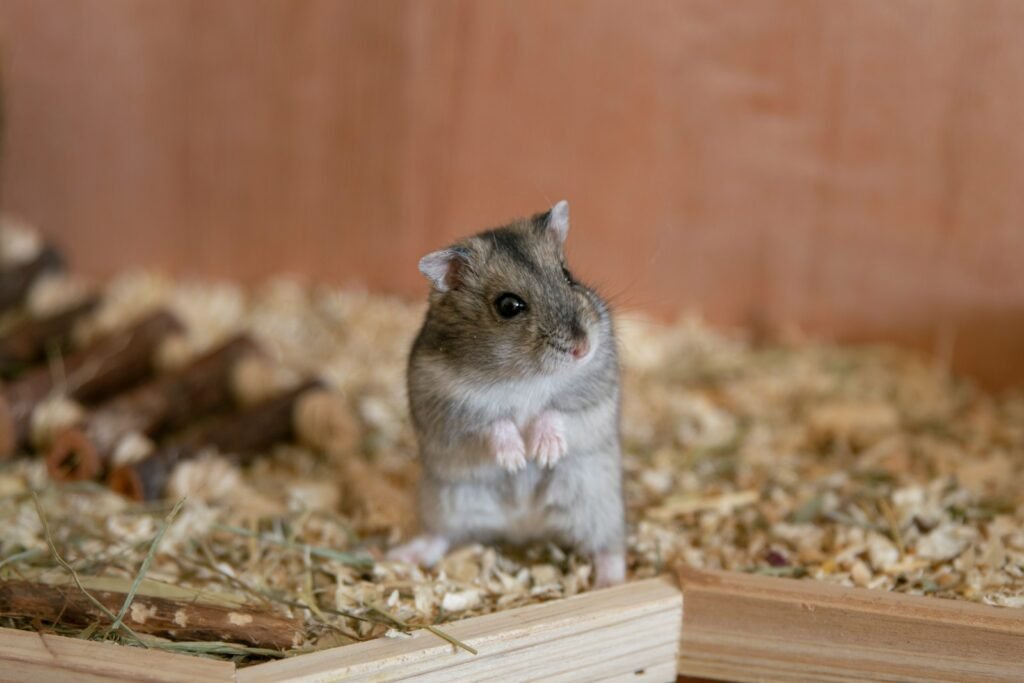
Hamsters have better memories than you might expect. Scientific tests show they can remember familiar scents and routes for several weeks, if not longer. If you interact with your hamster regularly, they’ll likely remember your scent, voice, and handling style. However, a long absence can make a hamster more wary, so regular contact is key to maintaining recognition.
Stress and Its Impact on Recognition
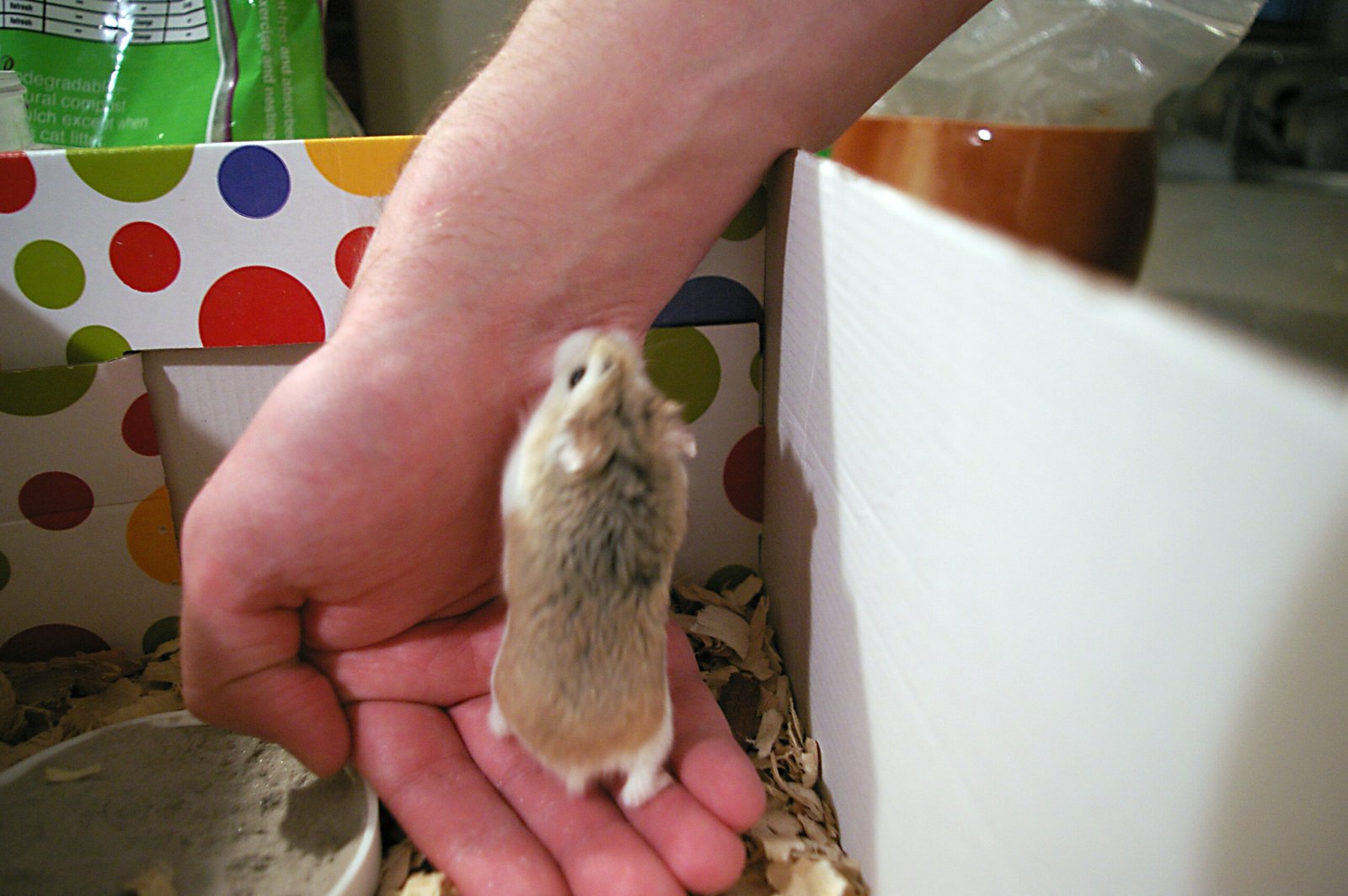
Stress can make even the friendliest hamster anxious and forgetful. Loud noises, sudden changes, or rough handling can undo weeks of trust-building. Stressed hamsters may hide, freeze, or bite, even if they had previously recognized and trusted their owner. Creating a calm, quiet environment helps hamsters feel secure and remember positive interactions.
Comparing Hamsters to Other Pets
If you’ve ever wondered why your hamster isn’t as openly affectionate as your dog or cat, you’re not alone. Hamsters are prey animals, so their social behaviors are much subtler. They don’t crave human company in the same way, but they are capable of forming gentle, trusting bonds with patient owners. Think of it as earning the trust of a wild bird—rewarding, but never guaranteed.
The Importance of Gentle Handling
Hamsters are delicate, both physically and emotionally. Gentle, consistent handling is crucial for building recognition and attachment. Sudden grabs or loud voices can scare them, making them less likely to trust you in the future. If you let your hamster approach you on their own terms, you’re much more likely to build a positive relationship.
Hamsters and Voice Recognition
Hamsters can hear a wide range of sounds, including the unique pitch and tone of your voice. Over time, many hamsters learn to associate their owner’s voice with safety, food, or play. If you talk to your hamster regularly, you might notice them becoming more alert or curious when you speak, even before you appear in their line of sight.
Signs Your Hamster Recognizes You
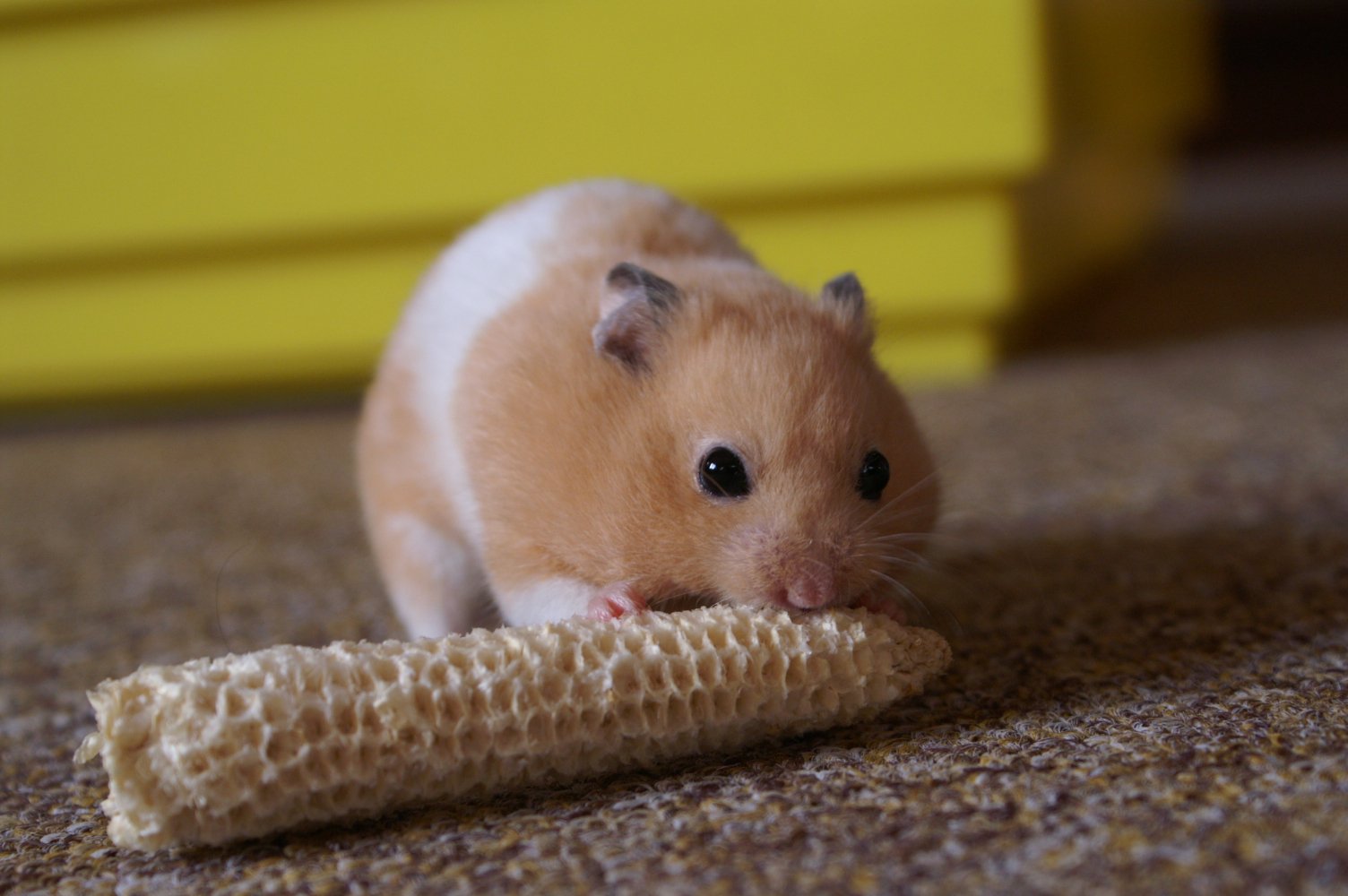
How can you tell if your hamster knows who you are? Look for behaviors like approaching the cage door when you’re near, taking treats from your hand, or exploring your hand rather than running away. You might even notice your hamster coming out of hiding when you enter the room. These subtle signals are your hamster’s way of saying, “I know you.”
Limitations of Hamster Intelligence
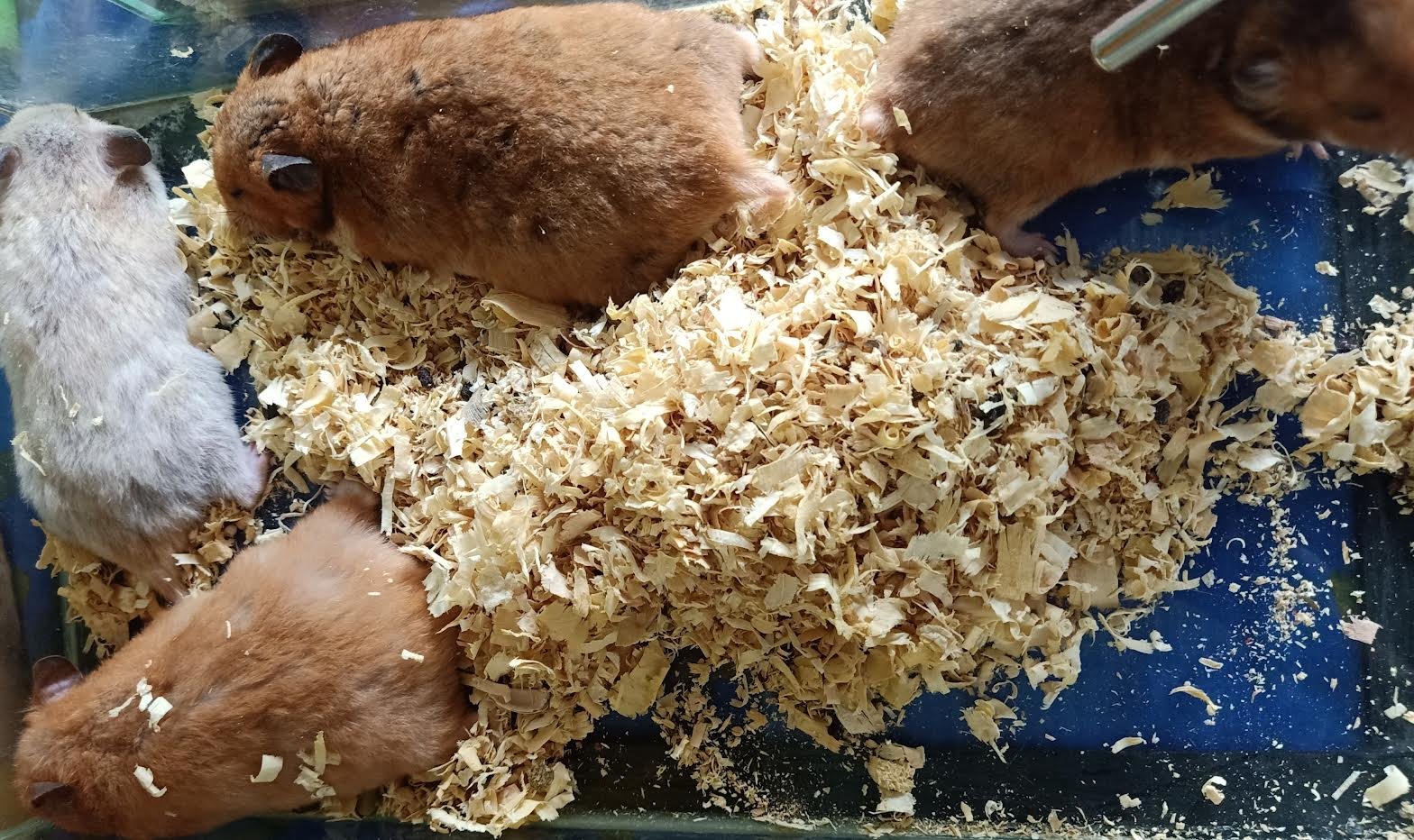
It’s important to remember that hamsters aren’t capable of the same complex emotions or social bonds as dogs or primates. Their brains are wired for survival, not deep attachment. Still, within their own tiny world, they show remarkable adaptability and learning. Expecting them to act like a puppy will only lead to disappointment, but appreciating them for what they are—independent, clever, and occasionally affectionate—can be deeply rewarding.
Why Some Hamsters Remain Shy
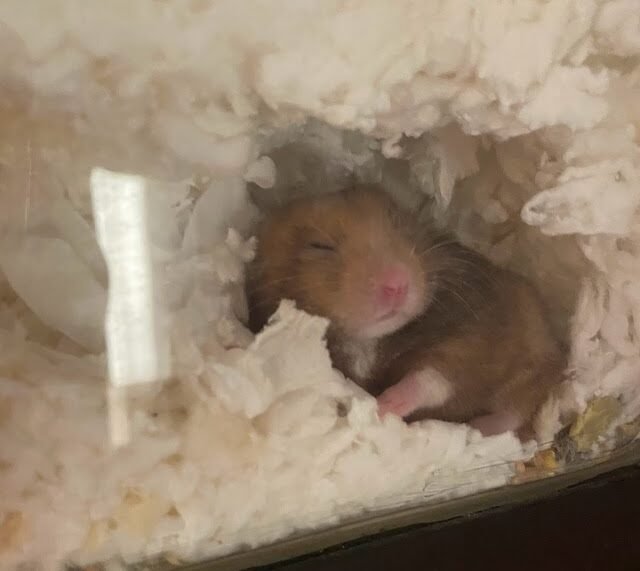
No matter how patient you are, some hamsters may never fully warm up to human interaction. Genetics, early life experiences, and individual temperament all play a role. It’s important not to take this personally. Providing a safe, enriched environment and respecting your hamster’s boundaries is the best way to help them feel secure, even if they prefer to keep their distance.
Tips for Strengthening the Bond With Your Hamster
If you want your hamster to recognize and trust you, consistency is key. Spend a few minutes each day offering treats, speaking softly, and letting your hamster explore your hand at their own pace. Avoid sudden movements, and be patient—trust can take weeks or even months to develop. Remember, every hamster is different, and building a bond is like learning a secret handshake: it takes time, practice, and a little bit of magic.
The Emotional Reward of Hamster Ownership
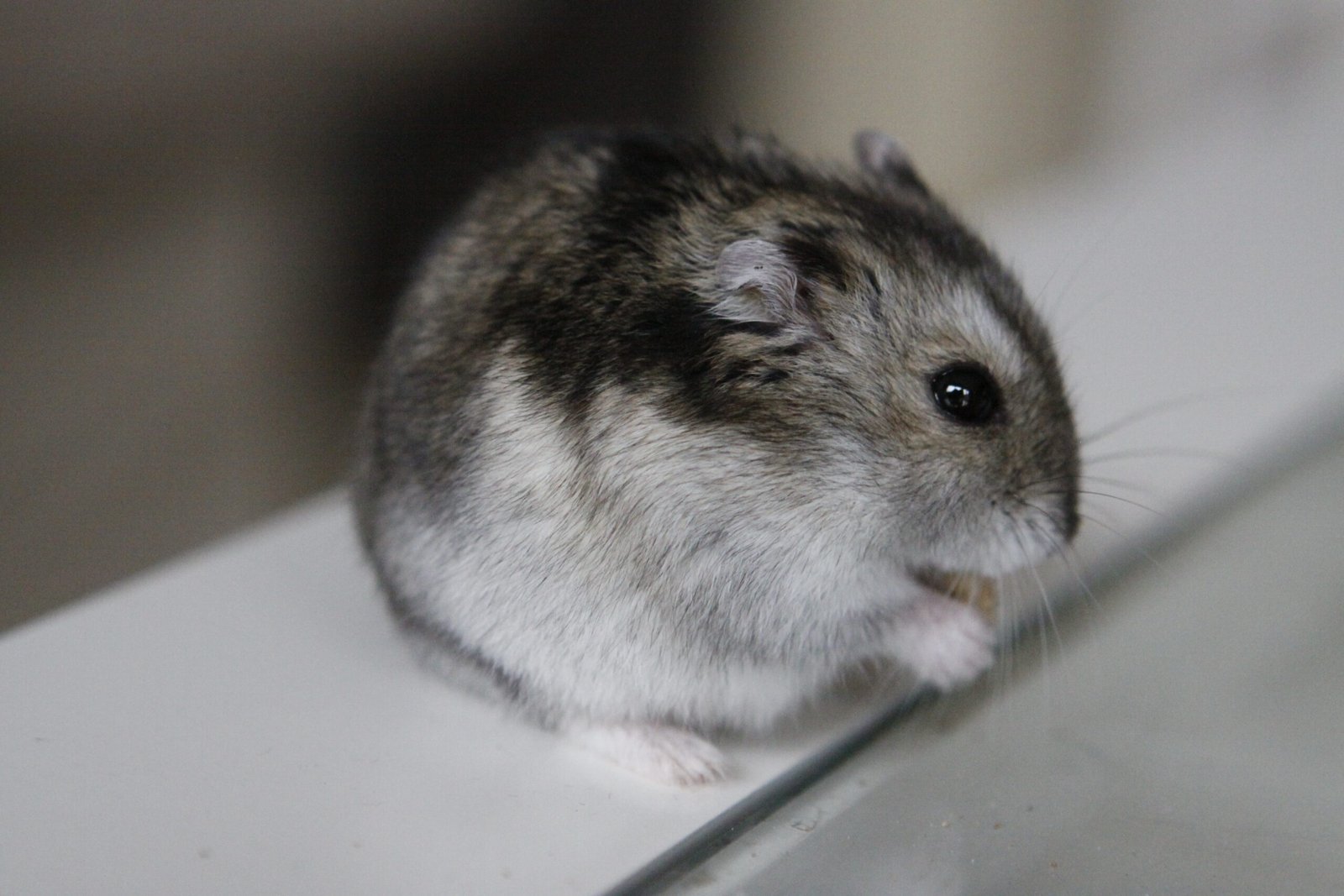
There’s something quietly magical about earning the trust of a tiny, cautious creature. Watching your hamster gradually come to recognize and trust you is a slow-burning joy, filled with small victories—a brave sniff, a tiny paw resting on your finger, a moment of shared calm. These moments may be subtle, but for many pet owners, they’re deeply meaningful. Isn’t it astonishing how even the smallest animals can teach us about patience, empathy, and the art of quiet connection?

